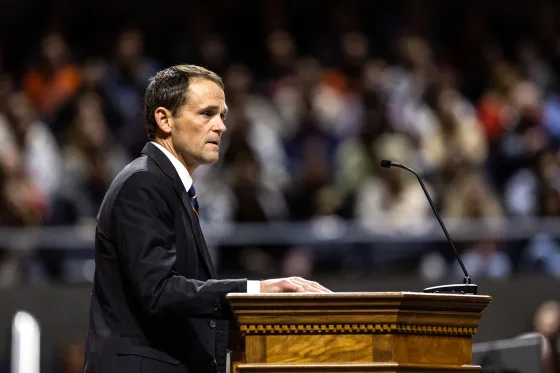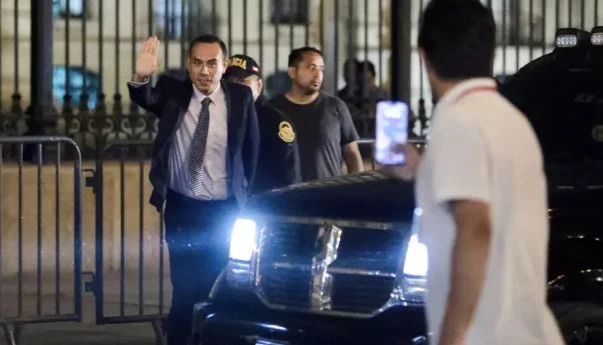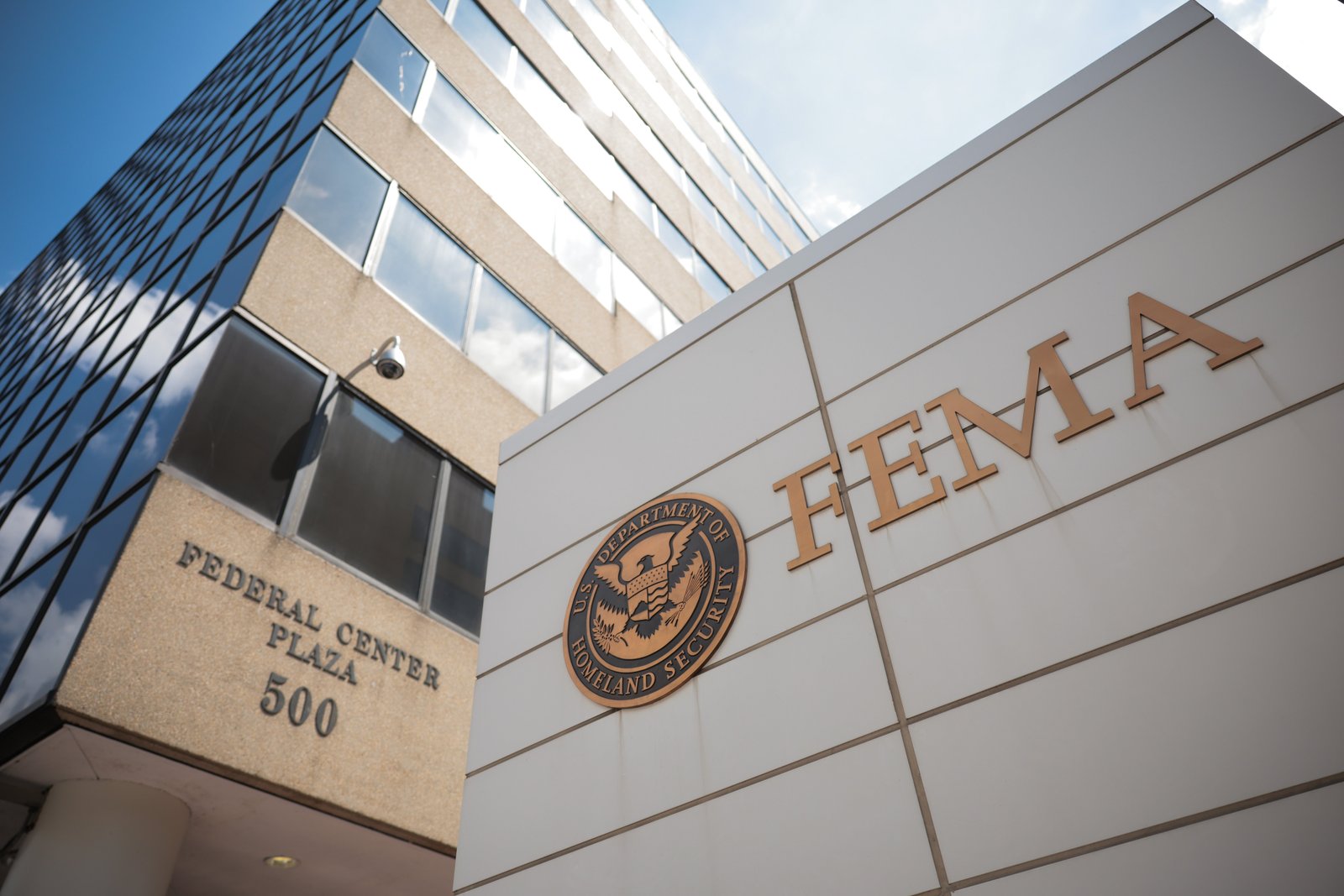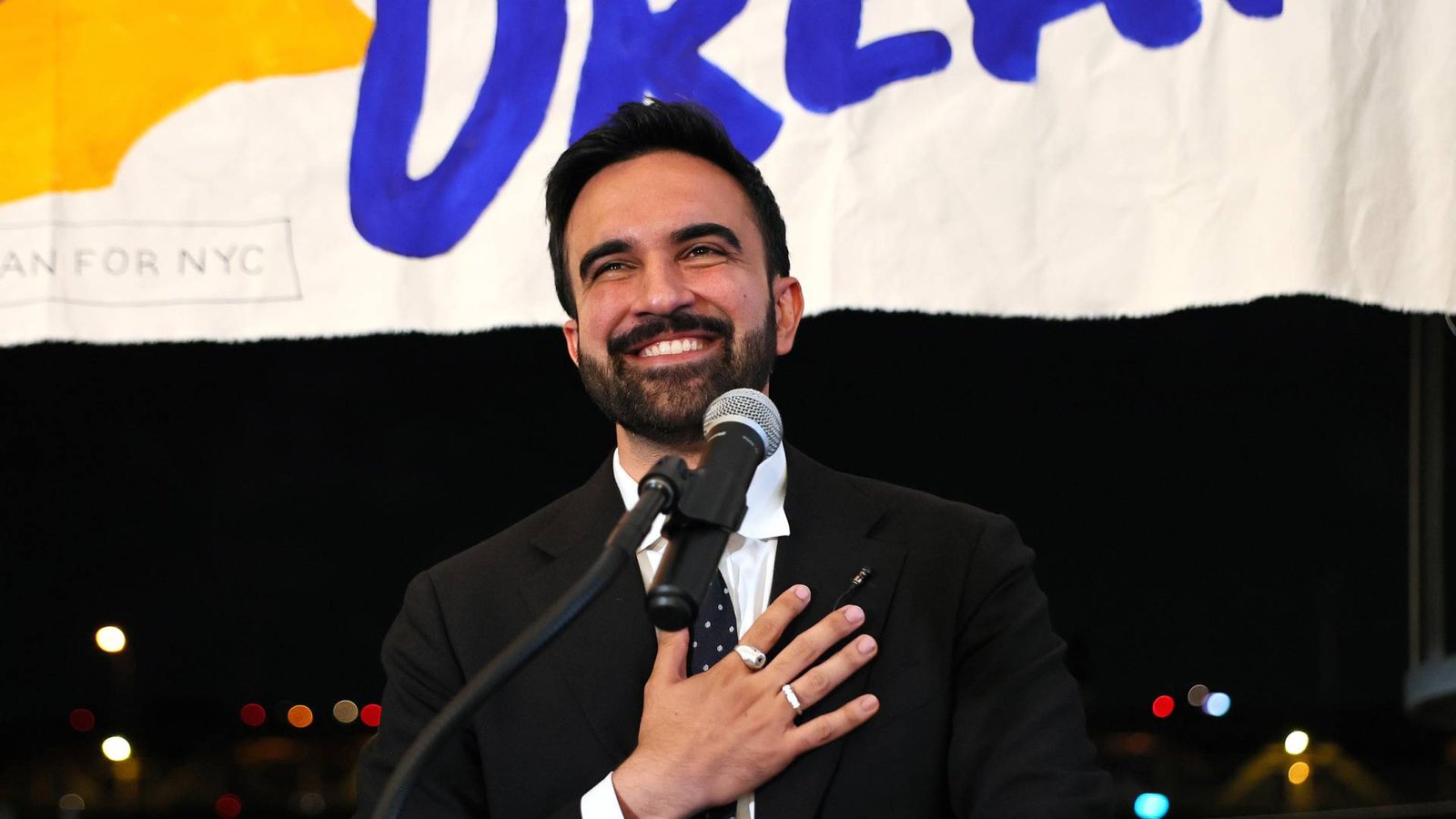The president of the University of Virginia (UVA), James E. Ryan, has officially stepped down following intense political pressure. This decision came as the U.S. Justice Department investigated the university’s diversity, equity, and inclusion (DEI) policies. The situation has raised growing concerns about federal interference in academic leadership and autonomy.
Ryan announced his resignation in a letter to the university community on Friday. “With a very heavy heart,” he wrote, “I have submitted my resignation as President of the University of Virginia.” He expressed a strong commitment to the institution but said he could not justify fighting the federal government at the cost of students and staff.
He explained that resisting federal demands could risk financial aid, student visas, and research funding. “Fighting back would not only be futile but also harmful to many who depend on the university’s stability,” Ryan wrote. His departure highlights how federal scrutiny can disrupt leadership and daily operations at major universities.
The Justice Department had warned the university in a June 17 letter that it must quickly dismantle its DEI efforts. According to reports, federal officials insisted on Ryan’s resignation as part of resolving the matter.
The university’s Board of Visitors had already taken action earlier in March, voting to shut down its DEI office. That vote aligned with a wider federal order instructing educational institutions to end diversity-related initiatives or risk losing funding.
Virginia’s Republican Governor supported the board’s move. In a statement, he claimed that “DEI is done at the University of Virginia” and called the decision an example of common sense. He added that opportunity and equality were already at the heart of American values and education.
Despite these political views, Ryan had won praise for his leadership from members of the university’s board. During a June meeting, board member Robert D. Hardie pointed to academic success, athletic achievements, and the university’s ability to produce prestigious Rhodes Scholars since Ryan’s tenure began in 2018. “The numbers show how well he has done,” Hardie said.
Still, the pressure from the federal level was overwhelming. Experts in higher education warn that this case could set a troubling precedent. Armand Alacbay of the American Council of Trustees and Alumni called the situation a case of “governmental intrusion.” He noted that a university’s leadership decisions should belong solely to its board.
Other leaders in education echoed that concern. Peter McDonough, general counsel at the American Council on Education, questioned the federal government’s role in such matters. He pointed out that no law gives the executive branch control over university leadership or policies. Federal law, in fact, prohibits government supervision or control of educational institutions.
He also warned that the resignation might shift the entire model of higher education in the U.S. Traditionally, colleges and universities have drawn strength from their independence. McDonough fears that if academic leaders must align with whoever wins the presidency, that independence will vanish.
The situation sparked criticism from Virginia’s two U.S. senators as well. Senators Mark Warner and Tim Kaine released a joint statement calling Ryan’s removal “outrageous.” They praised him as a strong and honorable leader who had helped move the university forward.
They also emphasized that the university’s board, not federal officials, should make leadership decisions. “This is a mistake that hurts Virginia’s future,” the senators said, stressing the importance of independent governance in education.
Ryan’s departure underscores a growing tension between political agendas and academic freedom. As universities navigate evolving policies on diversity and inclusion, questions remain about how much control the federal government should have over campus operations.
For many, the case at UVA may signal a turning point in the balance of power between higher education institutions and Washington. With the upcoming election cycle likely to reignite debates around DEI and free speech on campus, the issue is far from over.
Ryan’s resignation closes a chapter at UVA, but it also opens a national conversation. How much influence should politics have in classrooms, leadership offices, and research labs? As schools across the country watch closely, the answer may shape the future of American higher education.







